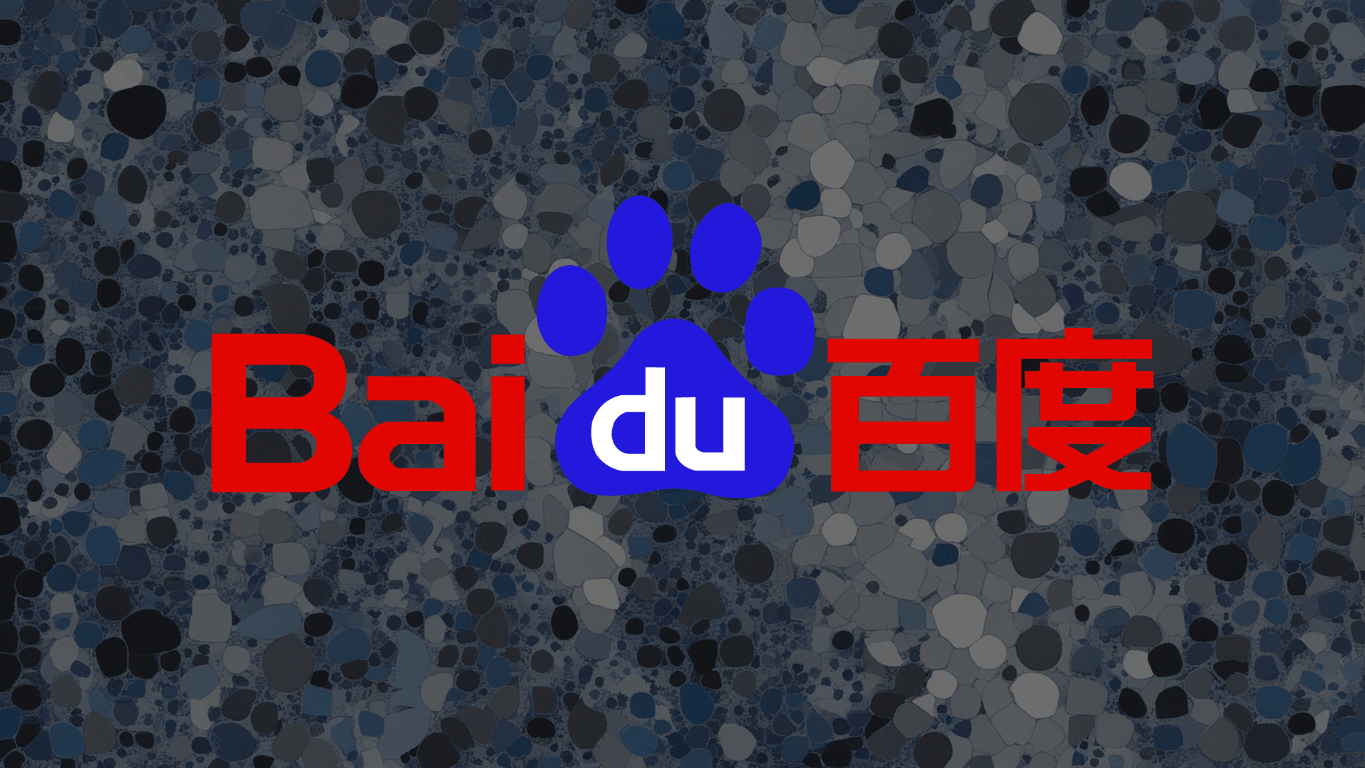Baidu Wins China Approval for AI Models

The Rise of Generative AI in China: A New Frontier in Global Competition
The Chinese government's recent move to greenlight the public rollout of generative AI services marks a defining moment, not just for China's burgeoning AI industry, but also for the global AI landscape. This decision, coming on the heels of comprehensive new regulations governing AI, signals China's intent to become a major player in the world of artificial intelligence. It also sets the stage for Chinese tech giants like Baidu, Alibaba, and Tencent to openly compete with Western pioneers like OpenAI and Microsoft.
While the approval from the Cyberspace Administration of China (CAC) opens the door to potentially a billion or more internet users, it also raises compelling questions. How will these developments impact the global balance of power in AI? What does this mean for the ethical and regulatory dimensions of generative AI? And, most importantly, can Chinese-made AI services carve out a niche that rivals the likes of ChatGPT?
This article will explore these questions, diving into the implications for China's AI industry, international competition, and the evolving regulatory landscape. We'll also delve into how these developments could shape the future of generative AI, both in China and across the world.
China's Greenlight: More Than Just an Approval
The recent approval for the public rollout of generative AI services is a milestone for China, particularly given the stringent regulatory landscape. This greenlight isn't just an operational go-ahead; it's a strong political endorsement from Beijing, signaling the importance the Chinese government places on AI technology.
Interestingly, this approval comes just weeks after China implemented new regulations governing AI. These rules require generative AI services to obtain clearance before being made available to domestic users. They also mandate a security review and record-keeping of algorithms for services that can influence public perception. Despite these constraints, the quick approval suggests that Beijing sees AI as an avenue for technological leadership, one that can potentially elevate China's standing on the global stage.
The regulatory approval also comes at a time when China is actively seeking private sector help to invigorate its economy. By designating AI as one of its tech priorities, China is not only looking to create business opportunities but also to leverage this transformative technology to fuel economic growth.
The approval process also provides a glimpse into China's evolving stance on AI regulation. While the U.S. has yet to enact any significant legislation concerning AI, even after industry warnings, China has swiftly moved ahead with regulatory oversight. This proactive approach could serve as a model for other countries grappling with the challenges posed by AI.
Baidu and Beyond: The New Contenders in AI
Among the companies set to benefit from this regulatory greenlight, Baidu stands out. Already a search leader, Baidu has been in the limelight for its generative AI model, Ernie Bot, which it claims outperforms ChatGPT in several measures. The approval enables Baidu to leverage this technological edge and bring its AI services to a broader audience.
But Baidu is not the only game in town. Other major technology companies, such as Alibaba and Tencent, have also entered the fray. Alibaba is integrating a ChatGPT-like AI into its meeting and messaging apps, while Tencent claims its model in development is already among China's best. All these companies aim to make AI an integral part of their cloud-computing platforms, potentially subjecting them to less government scrutiny.
It's also worth noting that while Baidu may be among the first to win government approval, the list of approved companies remains undisclosed. This opens up the possibility for fledgling players to emerge and challenge the established giants, thereby fostering competition and innovation within China's AI industry.
The rise of multiple contenders also raises questions about the quality and capabilities of Chinese-made AI services. Given that U.S. sanctions have deprived Chinese tech firms of the best chips to train their AI models, there's a potential gap between services like Ernie and their Western counterparts. How these companies navigate this technological handicap will be crucial in determining their global competitiveness.
Regulatory Backdrop: Navigating Ethical and Security Concerns
China's proactive regulatory approach stands in stark contrast to the relatively lax oversight in other regions, particularly the United States. While this might seem like a bottleneck for innovation, it's a double-edged sword. On the one hand, regulations add a layer of complexity to AI development. On the other, they provide a structured framework that could make it easier for companies to navigate ethical and security concerns.
The Chinese rules, which took effect on August 15, are particularly stringent when it comes to services that could influence public perception. This is a clear indication that while Beijing is keen on promoting AI, it is equally concerned about the ethical and social implications of this technology. This balanced approach could serve as a blueprint for other nations seeking to encourage AI innovation while mitigating risks.
It’s also worth noting that the regulations were watered down from their initial version released in April, signaling a more accommodative stance from Beijing. This could indicate that while the government is cautious, it is also willing to adapt its regulatory framework to foster innovation and growth in the AI sector.
Given the transformative nature of AI, regulatory oversight is not just a hurdle but a necessity. The ability to strike a balance between promoting innovation and ensuring ethical compliance will be a key determinant of the long-term success and acceptance of AI technologies, both in China and globally.
China's AI Ascent: What It Means for the Global Landscape
The approval for the public rollout of generative AI services in China is a watershed moment that will reverberate across the global AI landscape. With a massive user base and government support, Chinese companies are poised to be formidable competitors in the AI arena.
However, the road ahead is fraught with challenges, from technological limitations due to sanctions to navigating a complex regulatory landscape. How Chinese companies address these issues will not only define their success but also shape the global AI ecosystem.
The developments in China also serve as a wake-up call for Western companies and regulators. As China makes strides in AI, the lack of significant regulatory frameworks in other parts of the world becomes more glaring. This could potentially give China an edge, as it has a clear set of rules to guide its AI endeavors.
China's entry into the public generative AI space is not just a national milestone; it's a global game-changer. It adds a new dimension to international competition, raises the stakes for innovation, and brings into focus the urgent need for a balanced regulatory approach. As China takes this significant step, the world watches, for embedded in this move are the seeds that could either foster global collaboration or fuel a new era of technological rivalry.
